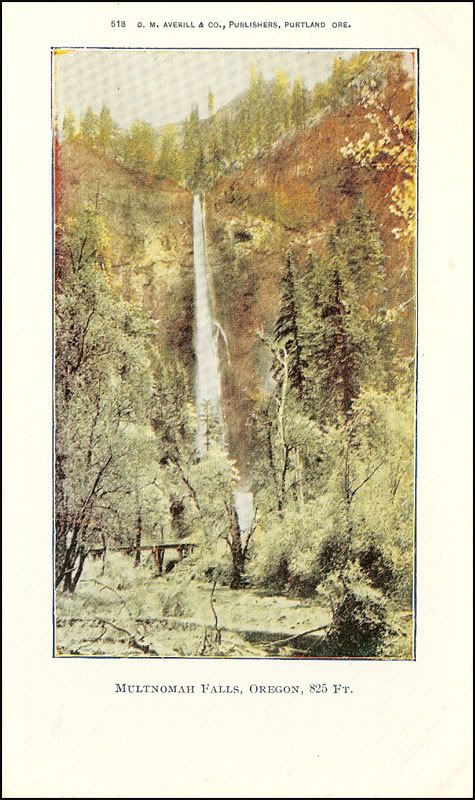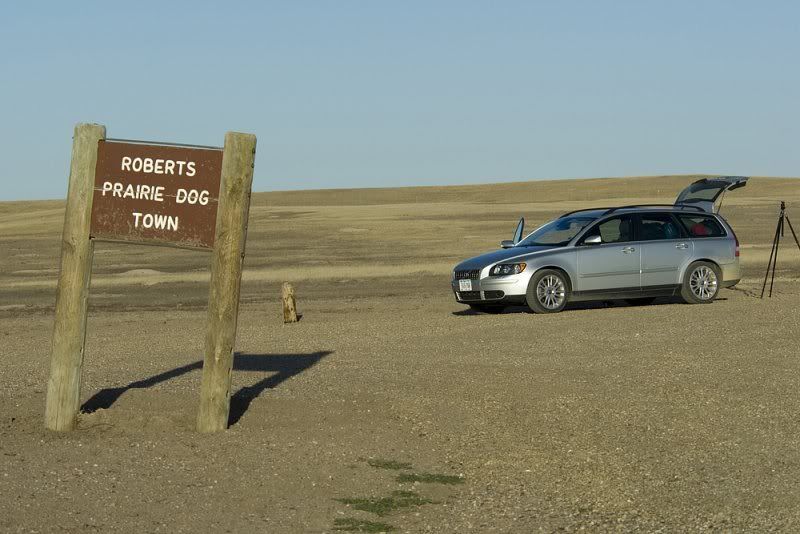While I was writing last Friday’s piece, I decided to do a bit of follow up today. I’m always interested in words and thought I would drag some along behind me.
- Please note: These words are about the subject of that other essay, Despondency. They have nothing to do with my present state of mind. Suggestions that I need anti-depressants just might be inconsistent with what that essay said and with my current state of mind, although people commenting in my essays without seeming to have actually read them is a bit depressing in and of itself.
The closest word at the Online Etymological Dictionary (quoted liberally here) to despondency is despondence, a word dating from 1676. It derives from the Latin despondere:
“to give up, lose, lose heart, resign” (especially in the phrase animam despondere, literally “to give up one’s soul”), from the sense of a promise to give something away, from de- “away” + spondere “to promise” (see spondee [we shall return to this]). A step above despair.
So, okay. How about despair?





 Representatives (facing an Administration veto threat)
Representatives (facing an Administration veto threat) 
